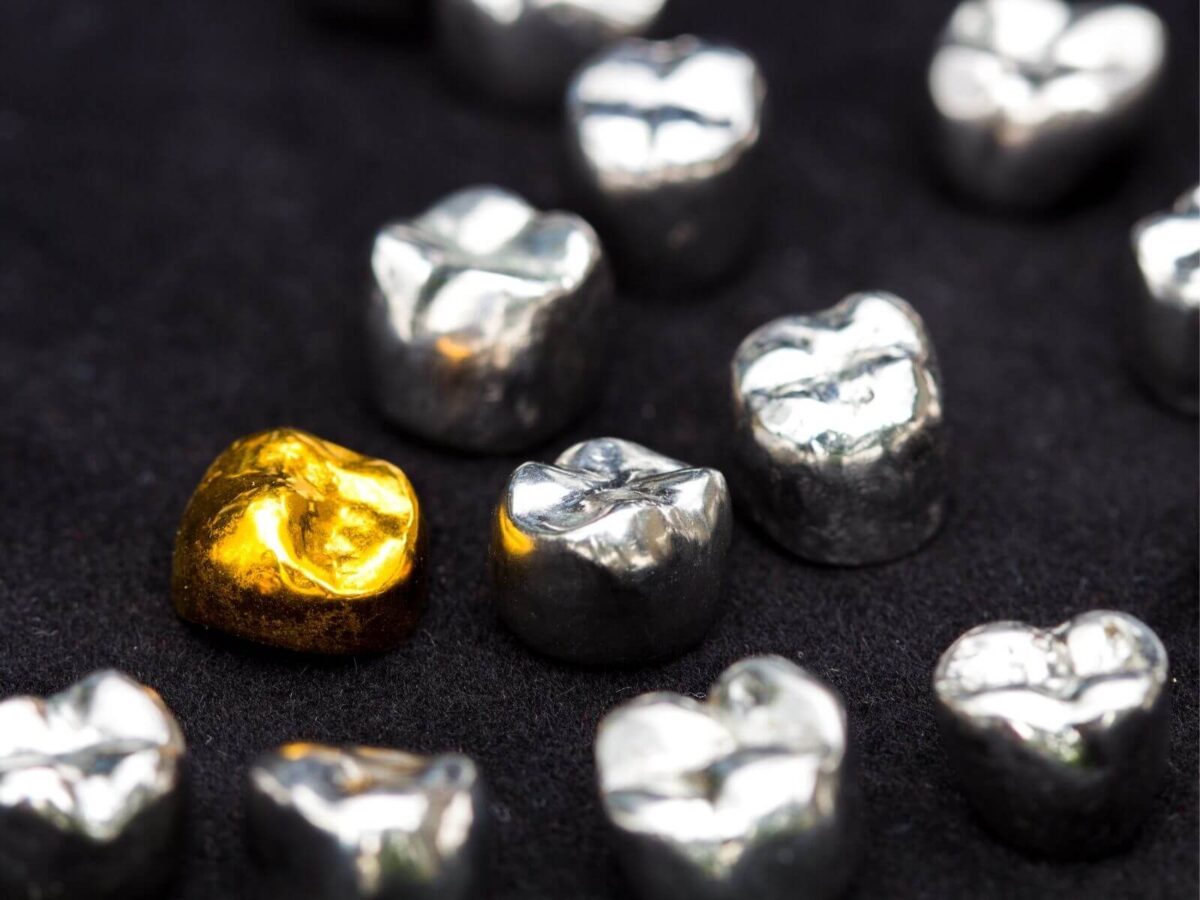Dental crowns are a valuable tool to protect damaged or crooked teeth. They act as a protective shield for your natural teeth. However, with the increase in poor oral hygiene among the older generation, crowns have become a necessary treatment. Most dentists, however, suggest eighteen as the right age. Some dentists also feel that toddlers can use dental crowns to protect their teeth.
Tooth damage is a common issue for infants and children. And as dental fillings are always sufficient, dental crowns can help them out. With this article, let us explore the right age for children to get Dental crowns. You can also learn alternative dental restoration options.
Dental Crowns
Dental crowns are caps that fit over a damaged tooth for protection. Just like its name, it is a crown placed over natural teeth. Crowns can help one repair a broken, cracked,d or worn-out tooth. It also helps with discolored teeth. This shield also protects a weak tooth from decay or further damage.
People with missing teeth can use dental crowns over dental implants to replace the teeth. Baby tooth replacements are often complex, but dental crowns can protect them from decay more effectively. They are customized to their needs and are pretty comfortable. You can also pick the type of material and shape for your choice.
Problems a Dental Crown Can Solve
Complex dental restoration options seem scary, especially for parents. Parents avoid such dental treatments for their toddlers and seek more straightforward procedures. Parents must understand the importance of Dental Crowns. Also, baby teeth have thinner enamel lining and require more protection. This is why it is essential to protect your child’s oral health. A dental crown is the protective shield a child needs.
Here are some dental problems that a dental crown can help you with:
Damaged Tooth
Dental crowns are a solution to repair damaged teeth. They can also protect chipped, crooked, or decaying teeth. With dental crowns, you can protect your tooth from further damage and support the dental structure without tooth extraction.
Supporting Weak Tooth
If you have a weak tooth that requires support, a dental crown is the best treatment plan for you. You can use dental crowns that your dentist will cement to your position. Also, they are available in various materials and can be customized to your natural tooth color.
Improving Appearance
Poor appearance often discourages people and affects their confidence. One can reshape their crooked, chipped, and damaged teeth using dental crowns. You can boost your confidence with even a toned smile and symmetrical tooth alignment. A dental crown is a worthy investment to uplift your appearance.
Protect Children’s Teeth
Parents avoid dental crown treatment for their children. However, a child’s mouth and jaw development is affected by missing or misaligned teeth.
The right age to get Dental Crowns
Dental crowns can be an effective solution for damaged teeth, no matter the person’s age. However, most doctors consider patients the latest in their teens to undergo such a procedure. But usually, most infants have thinner enamel lining and suffer from tooth decay. This is when Dental crowns can help them. Dental crowns are also helpful as placeholders for missing teeth in children. They provide support for tooth alignment and orthodontics issues.
With dental crowns, toddlers can expect regular mouth and jaw development. Kids with baby teeth need them for support until they fall out themselves. Also, when a kid has permanent teeth, they can use dental crowns for protection.
Dental Crown Placement For Children
Children can have dental crowns before their permanent teeth erupt. The dental crown for children is not attached to the gums, only to the tooth. So, as the permanent tooth erupts, the baby tooth is pushed with the crown. You must provide dental restoration options for both baby and permanent teeth to your child.
With specialized techniques, dental crown placement can be done without pain using child-friendly materials. With a child-friendly approach, kids can relax during the process and get protection from further damage to their oral health.
Final Thoughts
There is no minimum or maximum age for Dental crowns. Most dentists consider it better to use dental crowns after one has permanent teeth. But if your child needs dental crowns for their baby teeth, you can move forward with it. Dental crowns are a safe process and provide essential protection to teeth.
With well-rounded protection, teeth are safe from further decaying or damage. You can visit dental experts at Grangerland Pediatric Dentist, who diagnose your child for any dental restoration they need.




